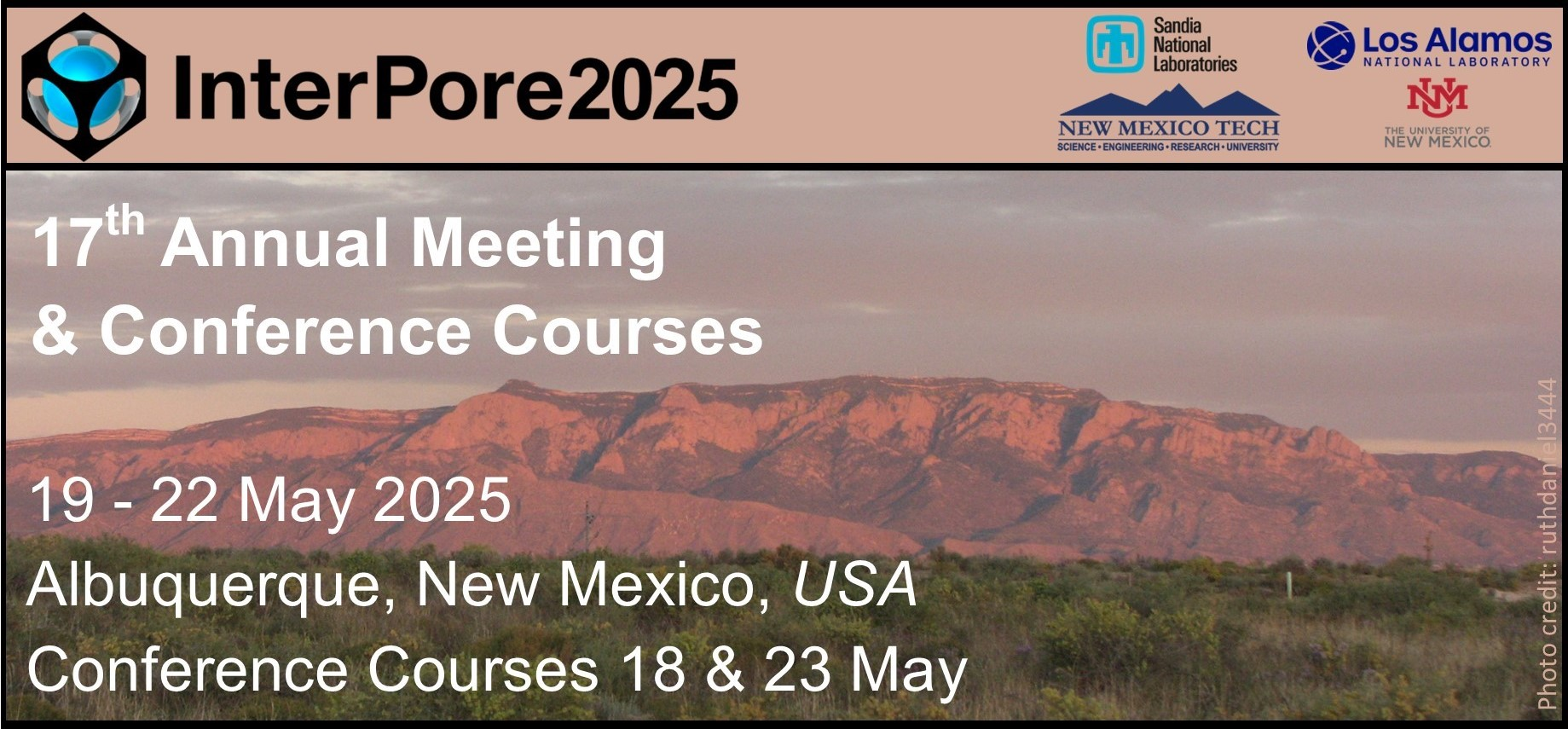Speaker
Description
The growth and compression of a microalgal particulate cake layer on the filter significantly influence solids separation and water recovery during filtration processes. This study investigates the effects of cake layer compression on the variations in permeate flux through a series of permeation-filtration experiments conducted on sediment cakes composed of microalgal flocs of three different sizes. An American Petroleum Institute filter press and cellulose filter papers were used to apply pressures ranging from 10 kPa to 50 kPa. Permeate flux decline and its variation with time are examined in relation to applied pressure and floc size. Two distinct compression stages in microalgal sediment cakes are identified. The first is an intermediate fouling stage, marked by rapid and significant flux decline of over one order of magnitude due to partial pore blockage by compacted flocs. The second is a progressive compression stage, characterised by a lower rate of flux decline as the cake matrix is steadily compressed. Modelling the permeate volume over time using a power law reveals an initial drop in the scaling exponent to below 0.5, followed by a rise to about 0.6. These findings suggest that the compression process of the microalgal cake matrix resembles the cake growth process observed in traditional filtration. The observation of filter cake and filter structure using optical and scanning electron microscopy enabled the analyses of filter fouling and variations in cake thickness. The thickness of sediment cakes formed by flocs of various sizes is compared and quantified using a compac-tion ratio, which demonstrates that the microalgal floc cake matrix is highly compressible, reaching a value of 39.1% at 50 kPa. Additionally, the floc size significantly affects this ratio. This work examines the impacts of sediment compressibility on filtration permeate flux, under-scoring the critical role of compression in the filtration-permeation process of soft particulates.
| Country | United Kingdom |
|---|---|
| Water & Porous Media Focused Abstracts | This abstract is related to Water |
| Student Awards | I would like to submit this presentation into both awards |
| Acceptance of the Terms & Conditions | Click here to agree |






